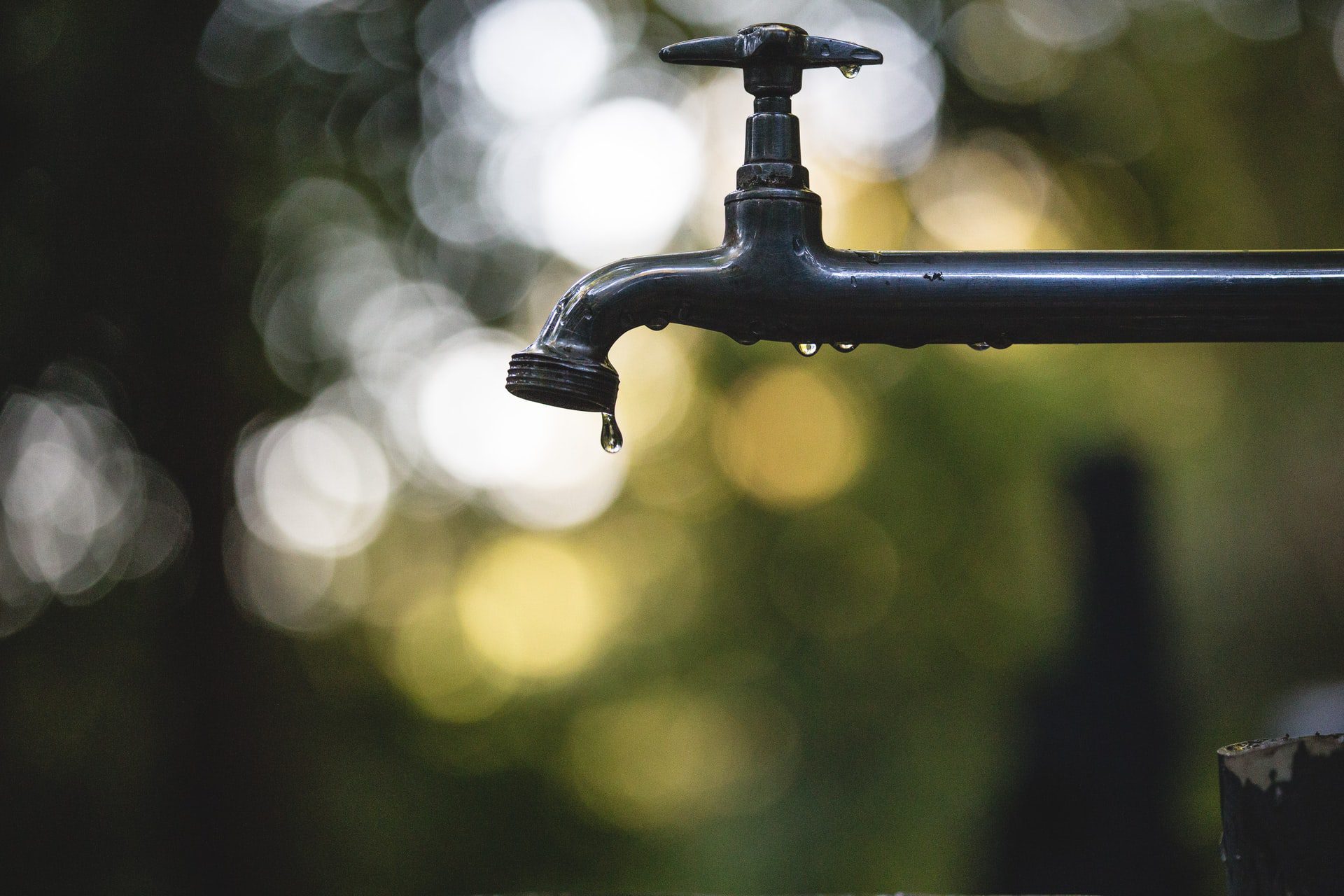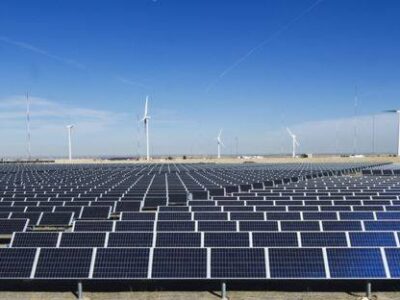The Western Tribal Water Infrastructure Act Which Seeks To Invest Billions Of Dollars To Improve And Stabilize Water Supplies Across The Southwest And Pacific Northwest Is Currently Under Consideration In The U.S. Senate.
Many reservations across America lack running water. It’s estimated that more than one third of people in the Navajo Nation have to haul fresh water to their homes. Over the past year, the pandemic has highlighted the long-standing inequities facing Native American tribes across the United States. In particular, disparities in water access have become painfully problematic.
There is now legislation in the Senate to address – and fix – this ongoing problem.
The Western Tribal Water Infrastructure Act is once again under consideration, after being tabled in 2019. If passed, it would invest billions of dollars in updating the nation’s water infrastructure. Most importantly, it would help move tribal communities in the Southwest and Northwest out of the cycle of temporary and emergency water supply fixes, through stable and reliable federal investment in water infrastructure projects.

“Clean drinking water is the lifeblood of communities; it’s a human right,” Oregon Senator Ron Wyden said. “The water crises faced by…Native American tribes nationwide demand swift federal action to fix a disgraceful legacy of shameful neglect by the federal government. I’m glad to see the Indian Affairs Committee give this issue the attention it requires, and I hope the full Senate will advance our bill as soon as possible. No tribe should go without clean water.”
The legislation would also reauthorize the Indian Reservation Drinking Water Program – in fact, it would make it permanent. Through that program, $50 million a year would become available to 10 tribal drinking water projects through the Environmental Protection Agency.
To counter the clean water shortages, the Western Tribal Water Infrastructure Act would specifically fund desalination projects, prevent water loss and shore up drinking water systems against climate change, cyber-attacks, drought, and wildfires. It would also help tribes connect, expand and repair existing public water systems, with a focus on water quality and pressure.
Tribes regularly suffer from failed pressure relief valves, burst pipes, and the ensuing unsafe drinking water. Additionally, it would authorize funding directly to the Northwest’s Columbia River Basin and its adjacent coastal river basins. It would also address the numerous challenges of clean water access for 30 Southwestern tribes in the Colorado River Basin.
“For years, we have dealt with harmful and expensive obstacles in water storage, water delivery, and water treatment,” said Raymond Tsumpti, Chairman of the Confederated Tribes of Warm Springs, Oregon. “After some patchwork repair on our water system, water system failures returned in summer 2020 in the midst of COVID-19.”
It is clear the new federal administration is taking such water system failures more seriously. In fact, the introduced bill is a part of the larger Drinking Water and Wastewater Infrastructure Act, which would dedicate $35 billion to a range of initiatives throughout the country. Clean and safe drinking water is a human right: this new legislation is designed to ensure its accessibility for all, on the reservation and beyond.





